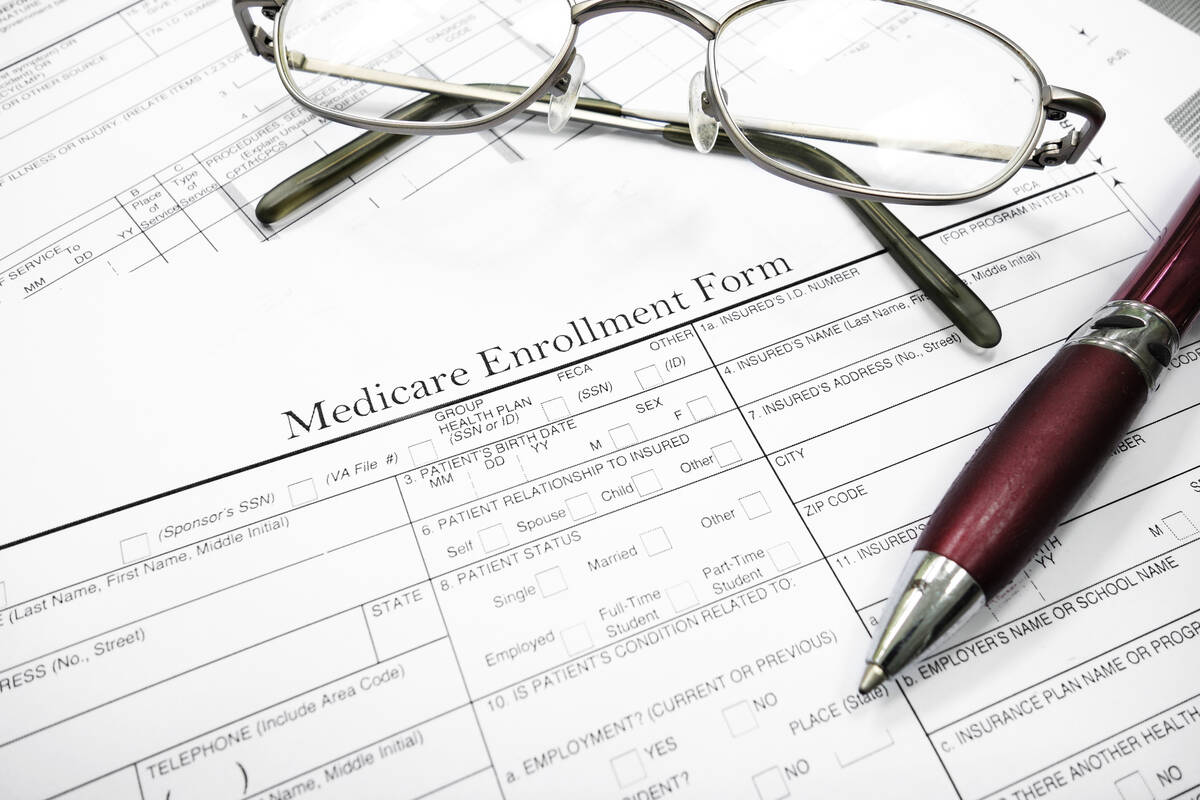When is the right time to enroll in Medicare?
Dear Toni: I turn 65 in April and overwhelmed by all the mail I am getting this year for Medicare annual enrollment. What do I do? The companies say theirs is the best, but they all offer the same thing with dental, vision and gym membership.
One Medicare Advantage commercial on TV says that they can put money back in your Social Security check. I am not receiving my Social Security check and wonder how I can get the money.
If I do not enroll in Medicare at the right time, everybody says I will get a penalty that will last the rest of my life. How does someone know what is the right decision for their situation? —Nathan from Nashville, Tennessee
Dear Nathan: The answer to your question is that you need to do nothing during the Medicare annual enrollment period because you are not 65 yet and have not enrolled in Medicare.
You must have already turned 65, or be under 65 and enrolled in Medicare because of a qualifying disability or end-stage renal disease, to change or enroll in a Medicare Part D prescription drug plan or a Medicare Advantage plan during the annual enrollment period.
Because you are turning 65 in April, your Medicare initial enrollment period will begin in January and last a total of seven months (the three months before your birthday in April, that month and then the three months after). So, January would be a good time to begin enrolling in Medicare and exploring which Medicare option best fits your specific medical and prescription drug needs.
Then, during next year’s Medicare annual enrollment period, you can make a change to your Medicare Part D plan, or change or enroll in a Medicare Advantage plan with or without a Medicare Part D prescription drug plan.
Always talk with your medical provider to learn what type of Medicare plan — whether Medicare Advantage plan with prescription drug plan or original/traditional Medicare with a Medicare supplement and a stand-alone Medicare Part D plan — is right for your health situation and the prescriptions you are taking.
As we say at the Toni Says office, “Medicare is not a cookie cutter: One plan does not fit everyone.” The insurance companies market their specific Medicare plans and want you to believe that theirs is perfect for you.
Americans should also know that “friendly” telemarketers will try to change your Medicare plan options during Medicare’s annual enrollment period. Please be wary of giving out personal information to strangers over the phone. Think of telemarketers as lurking around like hungry lions, stalking an unwary person to target. People really only need the correct Medicare information to help them make the right Medicare decision. And you do not have to make a change during the annual enrollment period if you are pleased with your current plan.
Toni King is an author and columnist on Medicare and health insurance issues. For a Medicare checkup, email info@tonisays.com or call 832-519-8664.


















